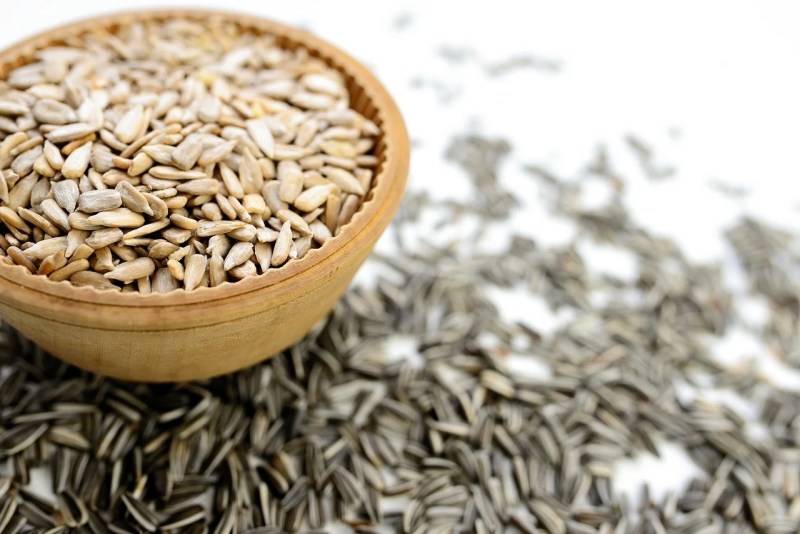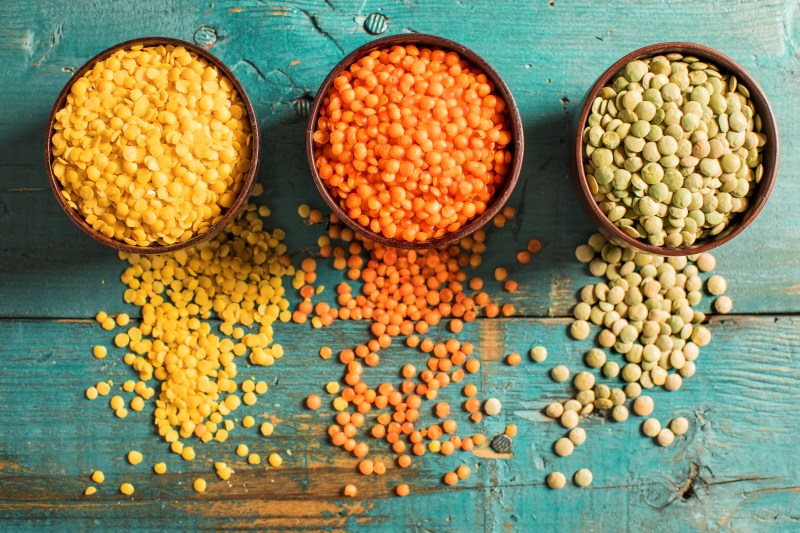As a trainer and nutritionist, I often recommend my clients add BCAAs to their supplement stack if they are looking to take things to the next level with their physique goals and overall performance. Found in nearly every supplement store, BCAAs are commonly considered a good addition to a healthy diet. However, new research is finding that it may not be as beneficial as we think.
Keep reading to find out what the latest studies are saying about isoleucine and why it may be a BCAA you actually need to avoid!
What is isoleucine?

Isoleucine is one of the three branched-chain amino acids (BCAAs), alongside leucine and valine. These essential amino acids play a critical role in muscle repair, energy production, and metabolic function.
However, while isoleucine is often positively associated with athletic performance and recovery, recent research is uncovering a different side to this amino acid — it may have adverse implications when it comes to longevity and aging. Scientists are now questioning whether consuming too much isoleucine could actually accelerate aging, leading to a growing interest in the potential benefits of limiting its intake.
The surprising link between isoleucine and lifespan

A Nature Aging study revealed that reducing dietary isoleucine intake in middle-aged mice increased their lifespan by up to 33%. It clearly stated that “Restricting the intake of protein or the branched-chain amino acid isoleucine promotes healthspan and extends lifespan in young or adult mice.” This suggests that excessive isoleucine consumption may contribute to metabolic issues, including insulin resistance and weight gain, both of which are linked to aging-related diseases.
Another ScienceDirect study highlights these findings by sharing that “Isoleucine restriction (IleR) improves metabolic health in both sexes; IleR reprograms hepatic metabolism in a sex- and age-dependent manner; IleR reduces frailty and increases lifespan, with stronger effects on male lifespan; and amino acid restriction begun at 6 months extends healthspan but not lifespan.”
All of this new information challenges the traditional view of BCAAs as being solely beneficial, suggesting that while they play a role in muscle maintenance, they may also have unintended consequences when consumed in excess. Of course, this research has only been conducted on mice so far, but there is a good chance that future human studies will confirm these findings.
Can reducing isoleucine intake promote longevity?

The primary idea behind isoleucine restriction and its anti-aging effects revolves around cellular metabolism. Too much isoleucine can trigger a process in the body that helps build muscle but also speeds up aging. When this process stays active for too long, it could possibly increase the risk of diseases like diabetes and cancer.
By limiting your isoleucine intake, your body may experience a shift toward improved insulin sensitivity, reduced inflammation, and enhanced autophagy — the body’s natural process of clearing out damaged cells. This combination of effects supports overall health and longevity, reinforcing the idea that diet plays a crucial role in how we age. As mentioned before, no published research involving the amino acid’s effect on humans has been shared, but these are the predictions.
What foods are high in isoleucine?

If this new information has you considering adjusting your diet to lower your isoleucine intake, it’s essential to be mindful of which foods contain high levels of the amino acid. Such foods include the following:
- Animal proteins: Chicken, beef, eggs, fish, and dairy products
- Legumes and beans: Lentils, chickpeas, and soy-based products like tofu and tempeh
- Nuts and seeds: Almonds, cashews, and sunflower seeds
- Protein supplements: Many whey and plant-based protein powders contain significant amounts of isoleucine
Keep in mind that just because you want to limit your isoleucine intake, you don’t need to omit these foods from your diet altogether. While protein supplements may be easy to cut out, all of the whole foods contain plenty of nutrients that benefit other aspects of your health, so take that into consideration.
Other lifestyle habits that support anti-aging

While reducing isoleucine intake shows promising potential for increasing lifespan, it’s just one piece of the puzzle. Other lifestyle habits you could develop to support longevity include intermittent fasting, regular exercise, eating a nutrient-dense diet, practicing stress management techniques like meditation and stretching, and getting enough quality sleep every night.
Luckily, these are all habits nearly anyone can develop, and they are certainly affordable. Aim to implement one habit per month, and over time, you will have a manageable and effective anti-aging routine in place.
Frequently asked questions

Which amino acid is best for anti-aging?
Glycine is considered the best amino acid for anti-aging. It supports collagen production, enhances skin elasticity, and promotes cellular repair. Additionally, glycine helps regulate inflammation and improves sleep quality, both of which are crucial for longevity. More research needs to be done, but it may also counteract metabolic stress and support overall health as we age.
Is isoleucine a collagen?
No, isoleucine is not collagen. It is an essential branched-chain amino acid (BCAA) that supports muscle repair and energy production. Collagen, on the other hand, is a structural protein made of amino acids like glycine, proline, and hydroxyproline, which help maintain skin, joints, and connective tissues.
Is isoleucine good for the skin?
Isoleucine supports skin health by aiding in tissue repair and wound healing. However, as we mentioned, excessive intake may contribute to aging-related metabolic issues. While it plays a role in protein synthesis, other amino acids like glycine and proline are more directly beneficial for collagen production, skin elasticity, and overall skin health.




